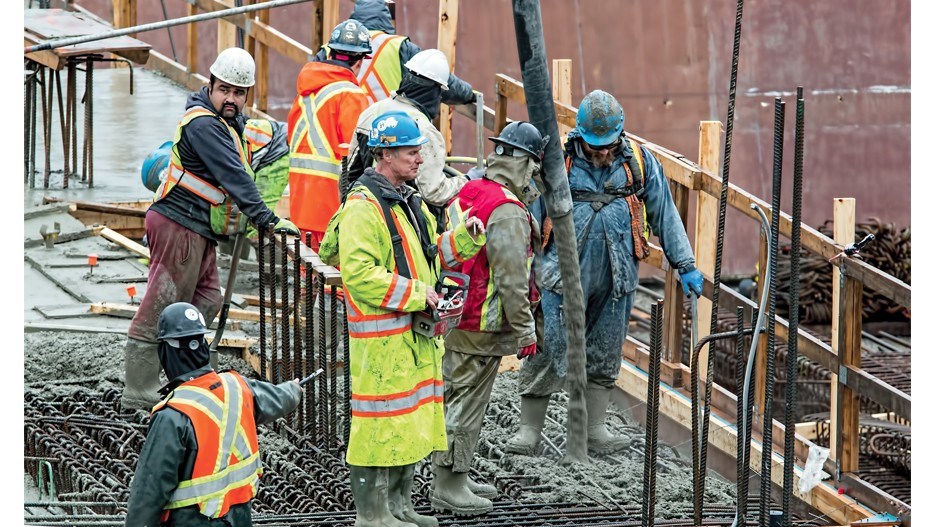B.C.’s economy is set to ride the wave of consumer savings and increases in immigration next year despite this fall’s catastrophic flooding.
And while growth is the forecast, economists at the Royal Bank of Canada (TSX:RY) predict economic expansion won’t be hitting the heights of 2021’s “unsustainable” 5.6% growth.
Instead, Robert Hogue and Carrie Freestone are forecasting growth to reach 4.2%, according to an outlook published Thursday. That’s slightly lower than the 4.3% growth they project for the national economy.
“B.C. consumers still have a lot of savings fire power to deploy on goods and services purchases. The resumption of immigration will further stimulate consumption and investment,” the pair said in the report, referring to Ottawa’s plans to bring 1.2 million newcomers into the country over the next three years to help stimulate the economy.
The outlook also concludes the wider reopening of the border with the U.S. will spur the tourism sector, while work on major projects such as the Trans Mountain pipeline, the Site C dam, LNG Canada’s facility in Kitimat and the Coastal Gaslink pipeline will also keep the economy moving.
The forecast does not take into account the potential for restrictions brought on by the emergence of the new COVID-19 variant known as Omicron.
Much uncertainty still remains over the severity of this variant, but the federal government has spent the past week deploying new travel restrictions in an effort to clamp down on its transmission. Cases have already been reported in Canada after Omicron was initially identified in southern Africa.
“To be sure, November’s massive floods pose significant near-term challenges for transportation, agriculture, forest products and many other industries. We expect disruptions to the broader provincial economy to ease fairly quickly as repair work [restores] key transportation corridors – though some communities face a much more difficult recovery,” the RBC report said.
“In fact, repair work will add to provincial economic growth, whereas the destruction of property and infrastructure will largely go unaccounted for in GDP numbers.”
B.C. Construction Association president Chris Atchison and Brynn Bourke, executive director of the B.C. Building Trades union organization, both told BIV this week the industry is still assessing the full extent of the repair work needed.
Business Council of B.C. CEO Greg D’Avignon said last month that while some parts of the economy will benefit from the rebuild effort, he’s concerned it will come at the cost of government revenue at the same time revenue is being constrained amid a dip in economic activity.
He said the BCBC would be cutting its 2021 forecast for the provincial economy – originally pegged at 5.8% back in August – in the wake of the floods.
Economists at the Bank of Montreal (TSX:BMO) last week downgraded this year’s outlook, dropping it from 5.3% growth to 3.8% growth.




